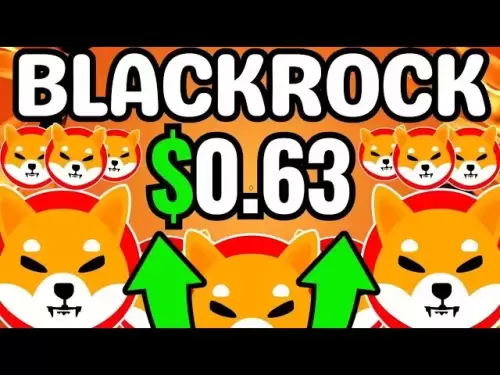-
 Bitcoin
Bitcoin $118000
-0.23% -
 Ethereum
Ethereum $3651
1.66% -
 XRP
XRP $3.423
-1.58% -
 Tether USDt
Tether USDt $1.001
-0.02% -
 BNB
BNB $742.8
0.69% -
 Solana
Solana $177.8
0.30% -
 USDC
USDC $0.9999
0.01% -
 Dogecoin
Dogecoin $0.2539
0.03% -
 TRON
TRON $0.3199
-1.74% -
 Cardano
Cardano $0.8382
0.59% -
 Hyperliquid
Hyperliquid $44.83
0.05% -
 Stellar
Stellar $0.4602
-1.49% -
 Sui
Sui $3.850
0.58% -
 Chainlink
Chainlink $18.62
2.56% -
 Hedera
Hedera $0.2681
0.97% -
 Avalanche
Avalanche $24.63
3.07% -
 Bitcoin Cash
Bitcoin Cash $522.5
0.96% -
 Shiba Inu
Shiba Inu $0.00001507
-0.80% -
 Litecoin
Litecoin $113.6
9.75% -
 UNUS SED LEO
UNUS SED LEO $8.994
0.24% -
 Toncoin
Toncoin $3.197
-0.43% -
 Polkadot
Polkadot $4.361
1.13% -
 Uniswap
Uniswap $10.45
1.41% -
 Monero
Monero $327.5
0.65% -
 Ethena USDe
Ethena USDe $1.001
-0.03% -
 Bitget Token
Bitget Token $4.992
-1.12% -
 Pepe
Pepe $0.00001355
0.67% -
 Dai
Dai $1.000
0.01% -
 Aave
Aave $322.6
0.15% -
 Bittensor
Bittensor $415.5
0.88%
What happens to an NFT if the company goes out of business?
NFTs persist on the blockchain even if the issuing company shuts down, but accessibility depends on decentralized storage and smart contract functionality.
Jul 10, 2025 at 01:36 pm
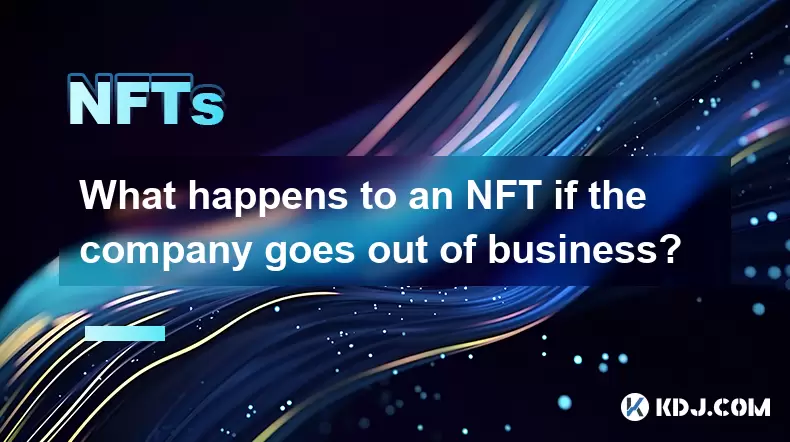
Understanding the Nature of NFTs
Non-Fungible Tokens (NFTs) are digital assets that represent ownership of a unique item or piece of content, such as artwork, music, videos, or virtual real estate. Each NFT is stored on a blockchain, most commonly Ethereum, and includes metadata that distinguishes it from other tokens. Because they exist on decentralized networks, NFTs are not inherently tied to any single platform or company. This characteristic raises important questions about their fate if the issuing company ceases operations.
The blockchain's decentralized nature ensures that NFTs remain in existence regardless of what happens to the companies associated with them. However, this does not mean that all aspects of an NFT’s utility or accessibility will remain unaffected when a business shuts down.
The Role of Hosting Platforms
Many NFTs rely on centralized hosting platforms for the storage of their associated media files. For example, when you purchase an NFT of a digital image, the actual file might be hosted on a service like IPFS (InterPlanetary File System), AWS (Amazon Web Services), or another cloud provider. If the company that originally hosted the media goes out of business, the NFT owner may lose access to the underlying asset unless proper decentralization measures were implemented.
- IPFS-based NFTs are more resilient because they use a distributed network of nodes to store data.
- Centralized hosting services can lead to broken links or inaccessible content if the company discontinues its service.
It is crucial for buyers and creators to understand where the NFT’s media is stored and whether the storage solution is decentralized or dependent on a specific company’s infrastructure.
Smart Contracts and Continued Functionality
NFTs operate through smart contracts—self-executing agreements written in code on the blockchain. These contracts define how the NFT behaves, including transferability, royalties for creators, and access rights. Even if the original company behind an NFT project disappears, the smart contract continues to function autonomously.
- Transfers and resales of the NFT can still occur via compatible marketplaces.
- Royalty mechanisms embedded in the contract remain active, benefiting creators upon secondary sales.
However, certain features that require ongoing maintenance by the company—such as dynamic NFTs that change based on external data—may cease to function properly without continued support.
Marketplace Dependency and Resale Potential
When a company that operates an NFT marketplace shuts down, users may no longer be able to list or sell their NFTs on that platform. However, the NFT itself remains on the blockchain and can often be moved to alternative marketplaces such as OpenSea, LooksRare, or Rarible.
- Wallet compatibility determines whether an NFT can be transferred to another marketplace.
- Some NFTs may lose visibility or discoverability if their native platform closes permanently.
Owners should ensure that their NFTs are accessible through standard wallets like MetaMask or Trust Wallet, which can interface with multiple platforms and provide greater flexibility.
Legal and Licensing Considerations
Purchasing an NFT does not always equate to owning the intellectual property (IP) of the associated content. The licensing terms are typically defined by the creator or issuing company. If a company dissolves, the legal framework surrounding the NFT’s usage rights may become ambiguous.
- License agreements should be reviewed carefully before purchasing an NFT.
- In some cases, IP rights may transfer to another entity or become part of public domain depending on jurisdiction.
Users who intend to commercialize or otherwise utilize the NFT’s content should seek legal advice to clarify ownership rights, especially if the issuing company has gone defunct.
Frequently Asked Questions
Q: Can I still view my NFT if the issuing company closes?
A: Yes, but only if the media is stored on a decentralized system like IPFS or Arweave. If it was hosted on a centralized server operated by the company, the file may become inaccessible.
Q: How do I check where my NFT’s media is stored?
A: You can inspect the token’s metadata using a blockchain explorer like Etherscan. Look for the "tokenURI" or "image" field to see where the media is hosted.
Q: What if my NFT was minted on a proprietary platform that shuts down?
A: As long as the NFT exists on a public blockchain and is compatible with standard wallets, you can usually migrate it to other marketplaces even if the original platform is gone.
Q: Who maintains the smart contract after a company closes?
A: Smart contracts are autonomous and continue running on the blockchain. No one needs to maintain them, although upgrades or bug fixes are generally not possible once deployed.
Disclaimer:info@kdj.com
The information provided is not trading advice. kdj.com does not assume any responsibility for any investments made based on the information provided in this article. Cryptocurrencies are highly volatile and it is highly recommended that you invest with caution after thorough research!
If you believe that the content used on this website infringes your copyright, please contact us immediately (info@kdj.com) and we will delete it promptly.
- Coin Collecting, Steinbach Teen, and the Passion for Knowledge: A Numismatic Journey
- 2025-07-20 18:30:12
- Presale Tokens: Last Call for Mutuum Finance & Navigating the Final Entry
- 2025-07-20 18:35:12
- Labubu Memecoin Mania: When Collectibles Craze Meets Cryptocurrency
- 2025-07-20 16:30:13
- Crypto Traders Pivot: Is BlockchainFX the New PEPE, BONK, or Dogecoin?
- 2025-07-20 17:15:12
- Bitcoin Downturn Strategy: Navigating the Crypto Storm
- 2025-07-20 14:30:12
- Floki's Technical Breakout: Ready to Pounce or About to Bounce?
- 2025-07-20 14:50:12
Related knowledge
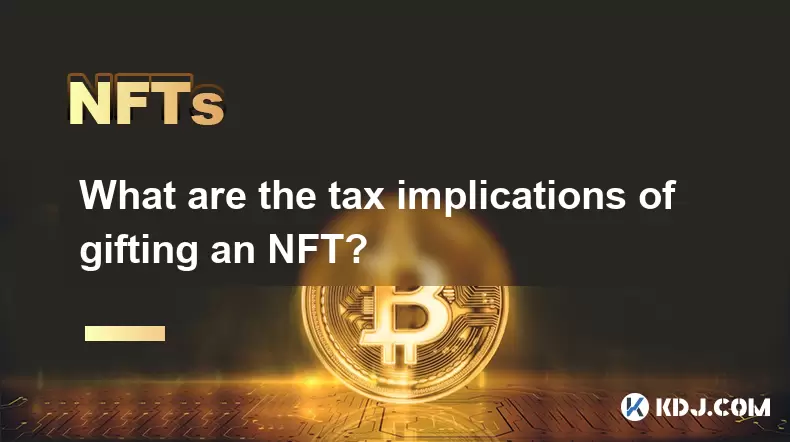
What are the tax implications of gifting an NFT?
Jul 19,2025 at 04:21am
Understanding the Basics of NFT GiftingGifting a Non-Fungible Token (NFT) involves transferring ownership from one individual to another without recei...
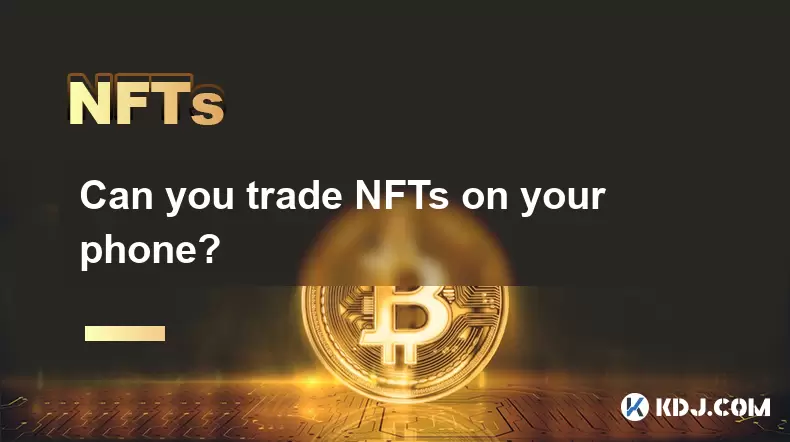
Can you trade NFTs on your phone?
Jul 18,2025 at 04:29am
Trading NFTs on Mobile DevicesYes, you can trade NFTs on your phone, and the process has become increasingly streamlined thanks to a variety of mobile...
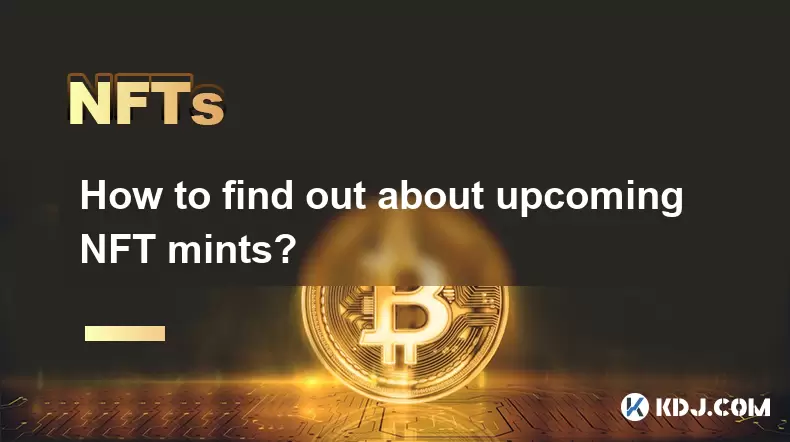
How to find out about upcoming NFT mints?
Jul 18,2025 at 11:50am
Exploring NFT Minting OpportunitiesUnderstanding the landscape of upcoming NFT mints is crucial for collectors, investors, and creators who wish to st...
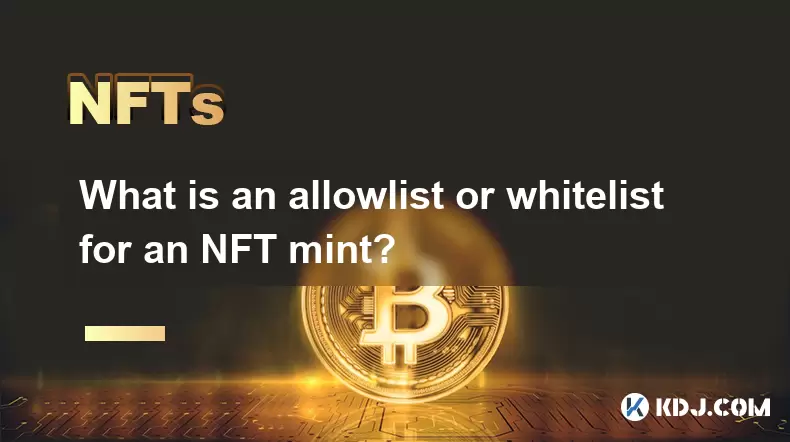
What is an allowlist or whitelist for an NFT mint?
Jul 20,2025 at 07:14pm
Understanding the Concept of an Allowlist for NFT MintingAn allowlist, also commonly referred to as a whitelist, is a mechanism used in the NFT mintin...
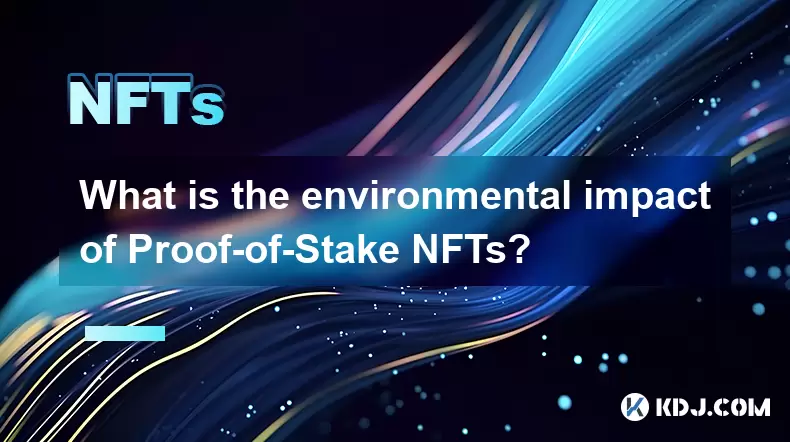
What is the environmental impact of Proof-of-Stake NFTs?
Jul 17,2025 at 07:14pm
Understanding the Basics of Proof-of-Stake NFTsProof-of-Stake (PoS) is a consensus mechanism used by blockchain networks to validate transactions and ...
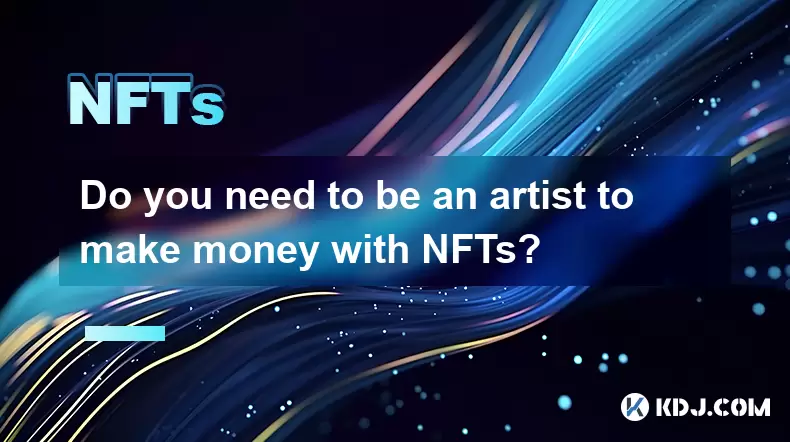
Do you need to be an artist to make money with NFTs?
Jul 19,2025 at 06:35am
Understanding the Role of Art in NFTsThe non-fungible token (NFT) market has grown rapidly, offering various opportunities for creators and investors....

What are the tax implications of gifting an NFT?
Jul 19,2025 at 04:21am
Understanding the Basics of NFT GiftingGifting a Non-Fungible Token (NFT) involves transferring ownership from one individual to another without recei...

Can you trade NFTs on your phone?
Jul 18,2025 at 04:29am
Trading NFTs on Mobile DevicesYes, you can trade NFTs on your phone, and the process has become increasingly streamlined thanks to a variety of mobile...

How to find out about upcoming NFT mints?
Jul 18,2025 at 11:50am
Exploring NFT Minting OpportunitiesUnderstanding the landscape of upcoming NFT mints is crucial for collectors, investors, and creators who wish to st...

What is an allowlist or whitelist for an NFT mint?
Jul 20,2025 at 07:14pm
Understanding the Concept of an Allowlist for NFT MintingAn allowlist, also commonly referred to as a whitelist, is a mechanism used in the NFT mintin...

What is the environmental impact of Proof-of-Stake NFTs?
Jul 17,2025 at 07:14pm
Understanding the Basics of Proof-of-Stake NFTsProof-of-Stake (PoS) is a consensus mechanism used by blockchain networks to validate transactions and ...

Do you need to be an artist to make money with NFTs?
Jul 19,2025 at 06:35am
Understanding the Role of Art in NFTsThe non-fungible token (NFT) market has grown rapidly, offering various opportunities for creators and investors....
See all articles

























